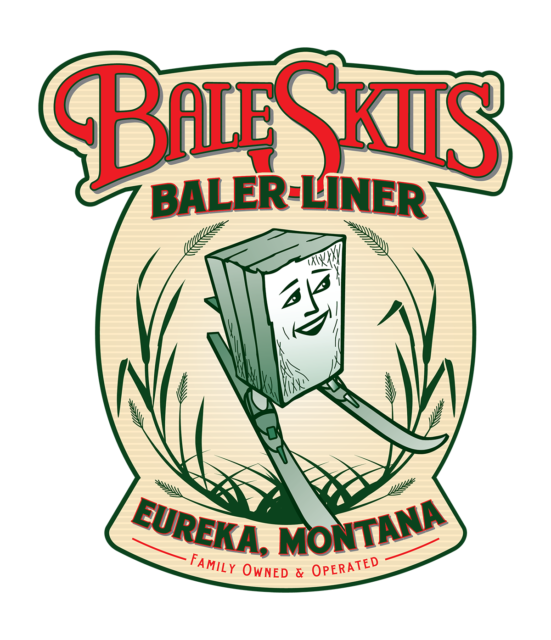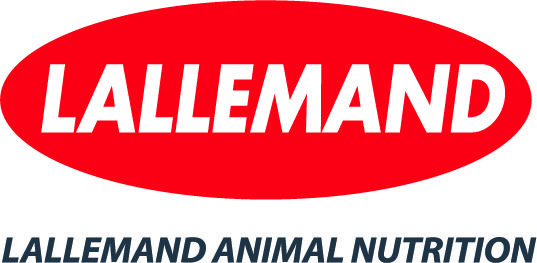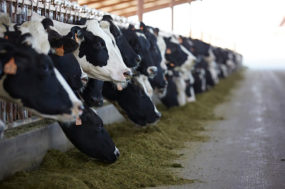Data collection
Lameness is a top animal health and welfare issue for Canadian dairy producers with an important economic impact on farms. One of the objectives of recent research was to provide producers with better management information, including genetic evaluations.
Researchers identified and selected the Hoof Supervisor System for use by hoof trimmers across Canada to collect detailed data related to 19 hoof lesions found in 12 regions on each of the four hooves.
This data collection system includes a flow of data from each hoof trimmer to the national database at CanWest DHI and then to Canadian Dairy Network (CDN).
One of the most important hoof lesions recorded is digital dermatitis, which has an incidence rate of 18 percent among cows presented to the hoof trimmers and a heritability of 8 percent.
CDN therefore developed a genetic and genomic evaluation system specifically aimed at improving resistance to digital dermatitis in Holsteins. The first evaluation from digital dermatitis (DD) was officially published in December 2017 based on 300,000 records collected on 125,000 cows in 1,200 herds by 70 hoof trimmers.
Genetic evaluations
CDN introduced a new state-of-the-art methodology to calculate the genetic evaluation for each animal, which is automatically a genomic evaluation for genotyped animals.
For sires to receive an official progeny proof for digital dermatitis, they must have hoof trimmer data reported for daughters in at least five different herds and a minimum reliability of 70 percent after including any genomic information available.
Given the volume of data currently available, more than 2,500 Holstein sires surpass these requirements. This means that roughly two-thirds of the Top LPI proven sires will initially have an official progeny proof for digital dermatitis.
On the other hand, every genotyped sire, both progeny proven or not, will receive a genomic evaluation for this trait, and the reliability for most genomic young bulls in A.I. will exceed 60 percent.
Average reliability values are higher for progeny proven sires, surpassing 80 percent for those with an official LPI in Canada and averaging 67 percent for those with a MACE LPI in Canada. All females will also receive an evaluation for digital dermatitis and reliability levels will generally surpass 60 percent for genotyped heifers and cows.
As for all functional traits, the average DD proof for sires is set to 100. Sires with a higher Relative Breeding Value (RBV) are expected to have a higher proportion of healthy daughters.
On average, sires with a rating of 100 are expected to have 82 percent of their daughters without any case of digital dermatitis, and this percentage increases by 1 percent for every one- point increase in RBV for digital dermatitis.
With a heritability of 8 percent, these evaluations provide an opportunity for sire selection to reduce the incidence of digital dermatitis in your herd in conjunction with good herd management practices associated with improved hoof health. ![]()
Dairy Research for a Healthy World
Dairy Farmers of Canada (DFC) supports investments in research in the areas of human nutrition and health and sustainable dairy production.
In so doing, it aims to increase the value, the innovative character and the quality of dairy products, present milk as a durable source of nutrients, improve knowledge on the nutritional value and health benefits of dairy products, and encourage productivity, sustainability and profitability on farms.
Through the Canadian Dairy Research Council, DFC oversees research investments as well as the development and implementation of its research programs and knowledge translation and transfer activities in dairy production and human nutrition and health. Visit Canadian Dairy Research for more information.








